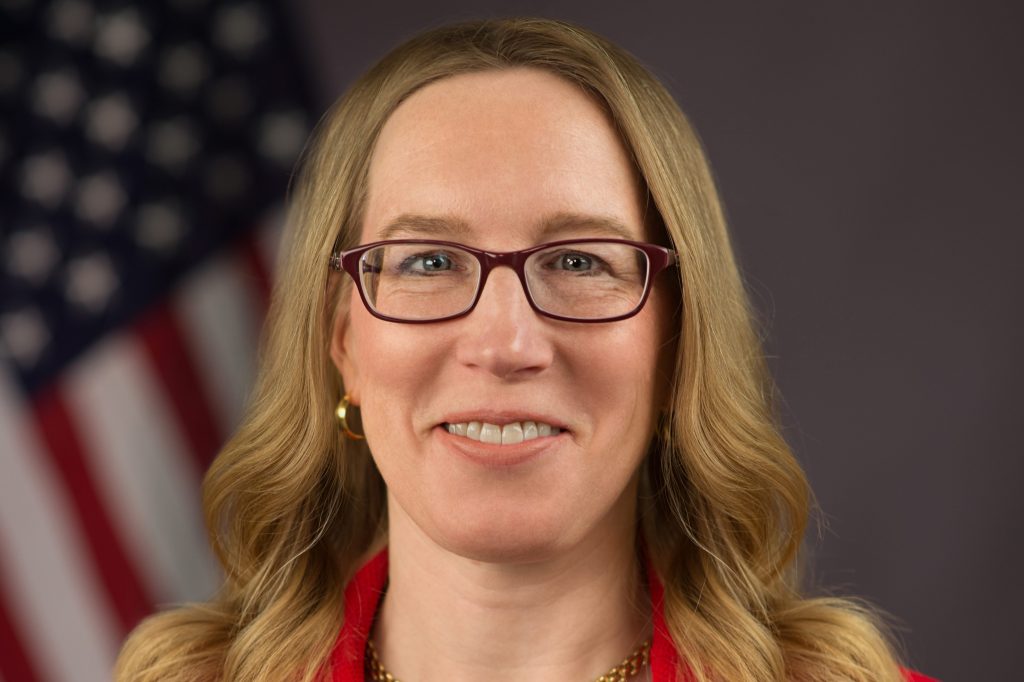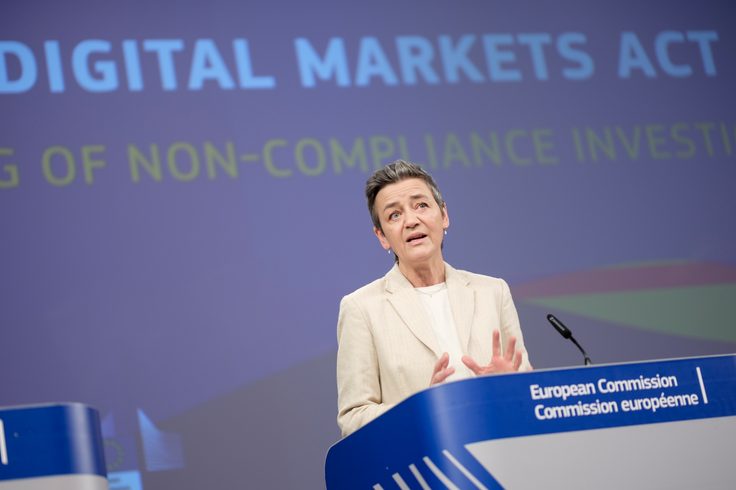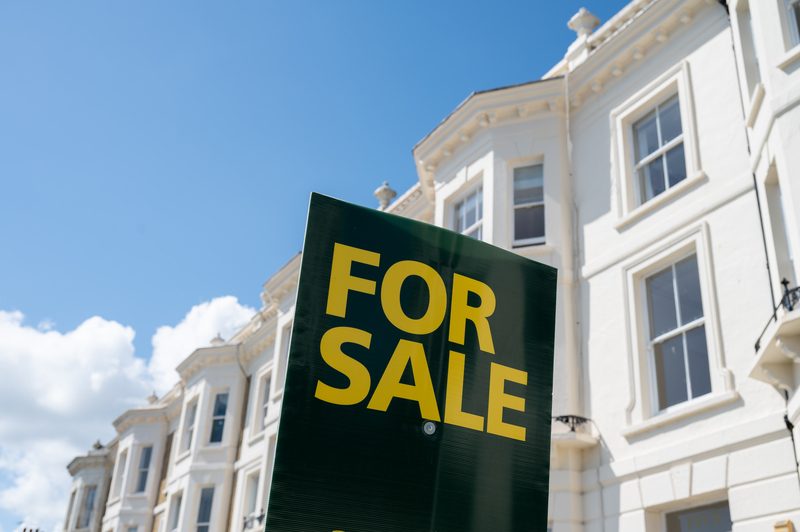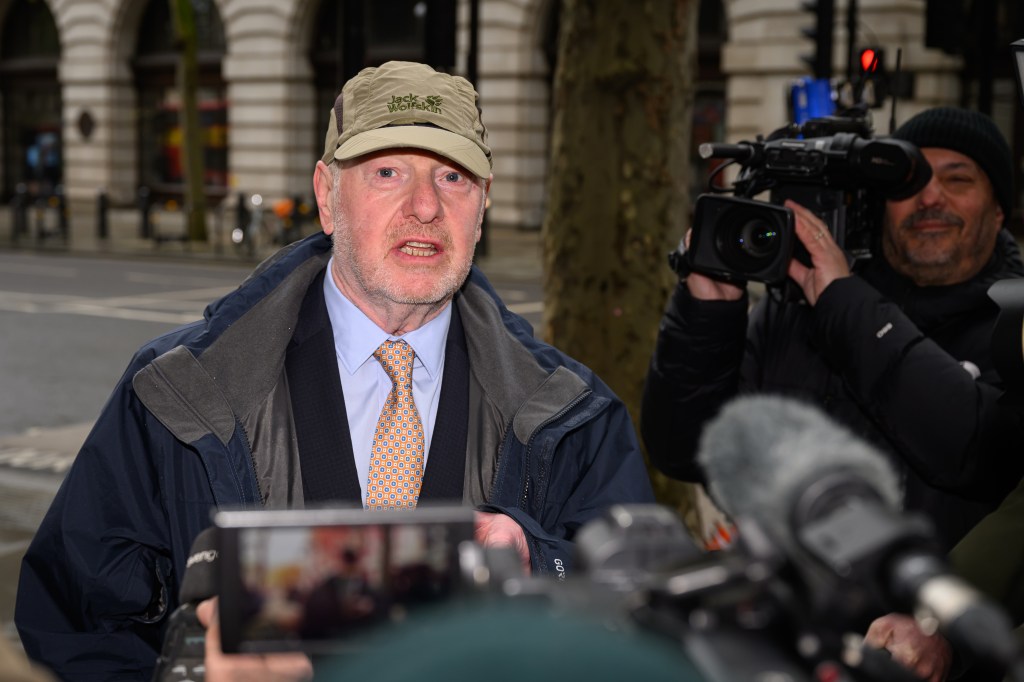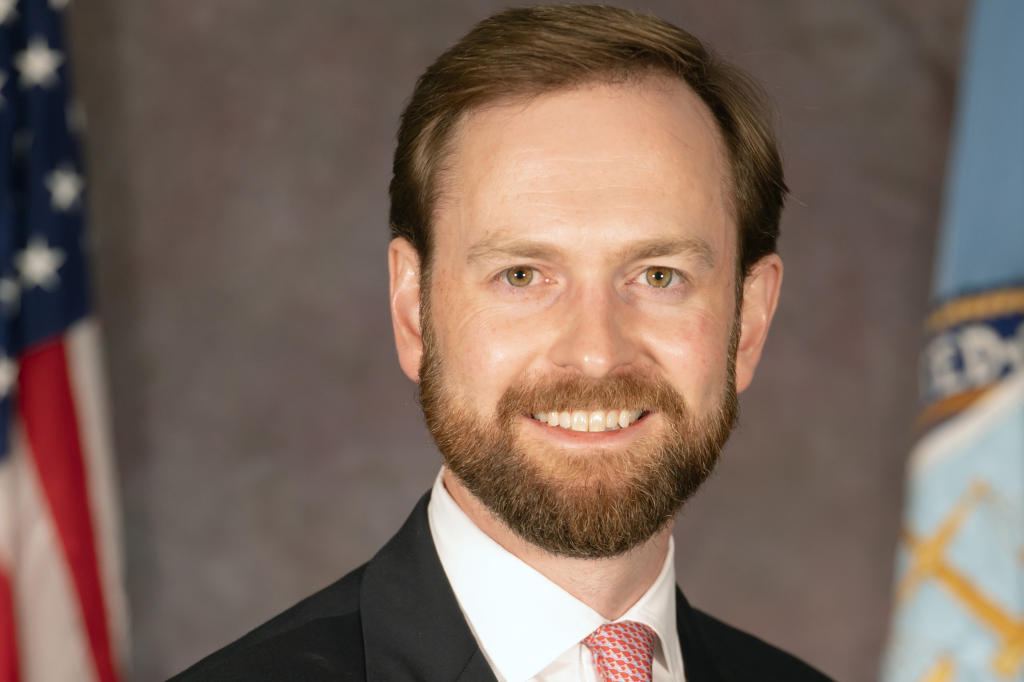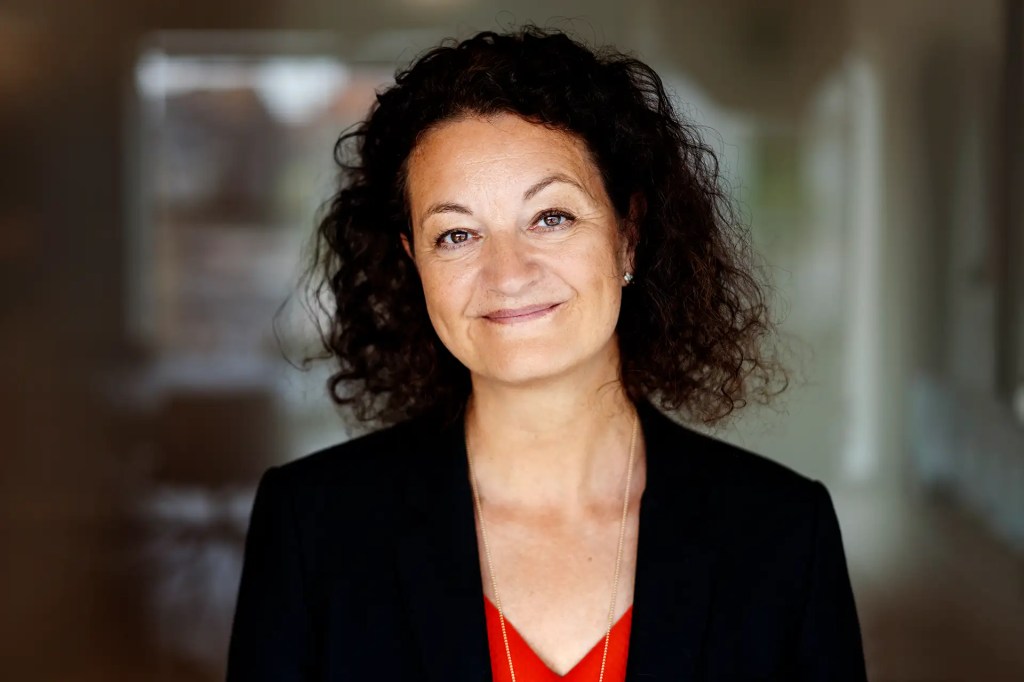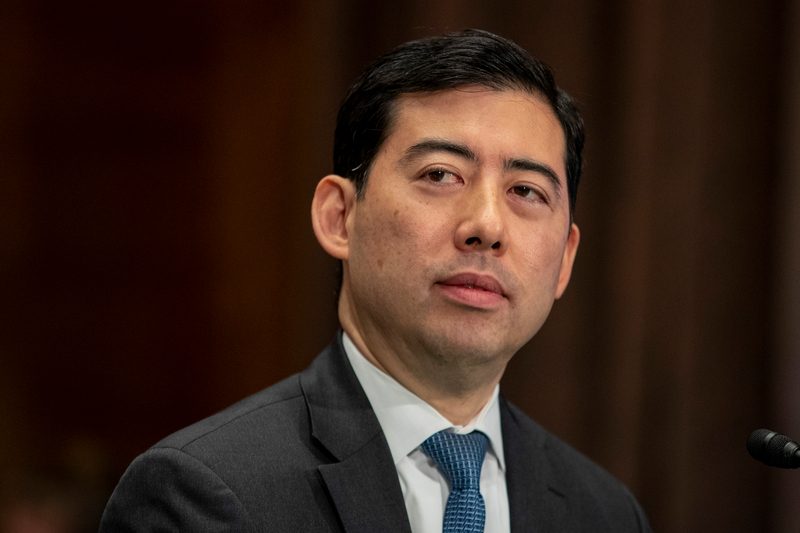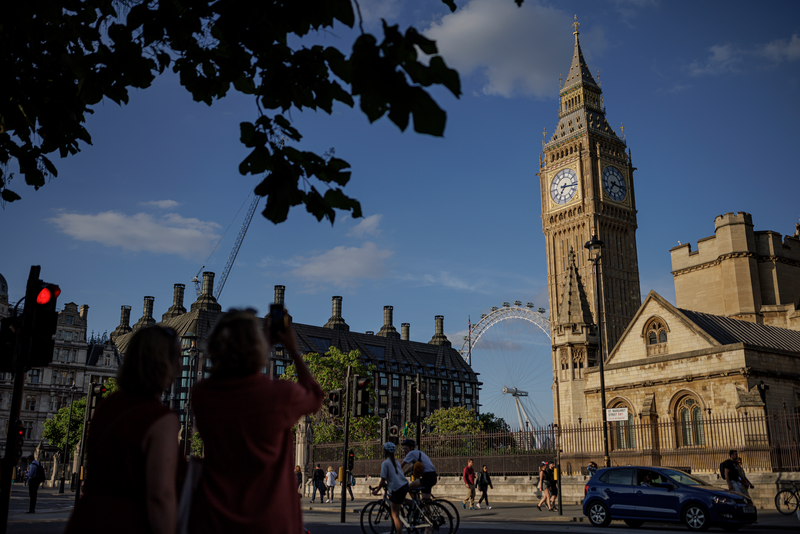The UK Industry and Regulators Committee has opened an inquiry into the relationship between UK regulators and the Government and how the regulators are held accountable.
There are currently 90 regulators across the UK, not including local authorities. The Committee has previously examined the work of several specific regulators, including Ofgem, Ofwat and the Office for Students.
Building on these conclusions, the Committee is now launching a short and cross-cutting inquiry into UK regulators as a whole, with a specific focus on roles, remit, independence and accountability.
Key themes of inquiry
The inquiry will examine:
- whether regulators as a whole have been given a clear job to do and whether their roles and remits are sufficiently discrete from one another;
- whether regulators are appropriately independent of Government, including whether the right balance is being struck between strategic and political input from government and preserving regulators’ operational independence;
- how regulators should be held to account for their performance, and by whom – including the respective roles of the Government and of Parliament.
For this inquiry, the Committee is focussing specifically on regulators which have a statutory role established by Parliament and are organised as public bodies.
Call for evidence questions
The Committee is encouraging interested individuals and organizations to provide written submissions on a wide range of topics. Those topics in full are:
- Are UK regulators being given a clear job to do?
- Is the right balance being struck between the responsibilities of regulators and those of the Government, particularly where there are political or distributional trade-offs that need to be resolved?
- Are regulators appropriately independent of government? Is the right balance being struck between strategic and political input from government and preserving the operational independence of the regulators?
- Does the Government provide too much or too little guidance to regulators in making decisions, particularly in deciding between different objectives and priorities?
- Are the roles and remits of different regulators sufficiently discrete, or is there overlap and duplication?
- How effectively do regulators co-operate with one another, and how could this be improved?
- Do the UK’s regulators have the necessary skills, capabilities and expertise internally to perform the roles they have been given? If they do not, how could this be improved?
- Who should hold the regulators accountable for their performance against their objectives? What is the appropriate role of Parliament in performing this scrutiny role?
- How should the Government and the regulators themselves facilitate appropriate scrutiny and accountability of regulators? Are regulators sufficiently transparent about their own performance?
- What mechanisms and metrics could be used to hold regulators accountable on a regular and ongoing basis and to judge whether a regulator is performing well?
- Do any of the UK’s international comparators address the above questions particularly well? What lessons, if any, can the UK learn from other jurisdictions on these matters?
Lord Hollick, Chair of the Industry and Regulators Committee, said: “A common area of concern arising from all these inquiries is the relationship between the regulator and the Government, and the level of independence and accountability regulators have. Many regulators are public bodies funded by the taxpayer and have significant powers; it is therefore vital that they are scrutinised and held to account.
“This short, cross-cutting inquiry will shine a light on the UK regulatory ecosystem and how effective it is.”
Questions regarding the FCA and PRA
GRIP asked Chris Finney, partner in Fox Williams financial services team and lead for the non-contentious financial services regulatory practice, for his thoughts on the Committee’s questions in relation to the FCA and PRA.
Questions 5 & 6: Remits sufficiently discreet and regulator co-operation
Finney said: “There is a material overlap between the work and interests of the PRA and FCA, when the relevant institutions are banks, insurers or designated investment firms. At least in theory, the PRA is only concerned with prudential matters, and the FCA is only concerned with conduct matters. So their interests ought to be different, and their information requirements ought to be different too.
“However, in practice, prudential and conduct matters overlap to such an extent that it is often difficult to say that an issue will only be of interest to one regulator. If both regulators are interested (and this is common), each of them will ask for information; and they often ask for the same information, even if they ask at different times and for different purposes.
“When they do this, they do not seem to share information efficiently or effectively; and, when they need to talk to each other, they are not always able to do that quickly and efficiently either. These things cause delays for firms, and waste their time and money, to the probable detriment of UK Plc.”
Question 7: Necessary skills and expertise
Finney said: “Although the PRA does seem to have the necessary skills, capabilities and expertise it needs to perform its functions, the FCA seems to find it painfully difficult to recruit and retain people with the skills it needs. The FCA also seems to lack the financial and non-financial resources it needs to perform its functions efficiently.
“The result is that applications for new authorizations; variations of existing authorizations; and for permission to acquire control of regulated firms, are processed painfully slowly; and, when the FCA has questions, they don’t always make sense or seem terribly well informed. Again, these things cause delays, and waste time and money, to the likely detriment of UK Plc.”
Deadlines for evidence
The deadline for submitting evidence is Friday December 1, 2023. Details of how to submit evidence are available on the Committee’s website.
The Committee will be holding public evidence sessions between October and Christmas, and aims to report to the House in the new year.

